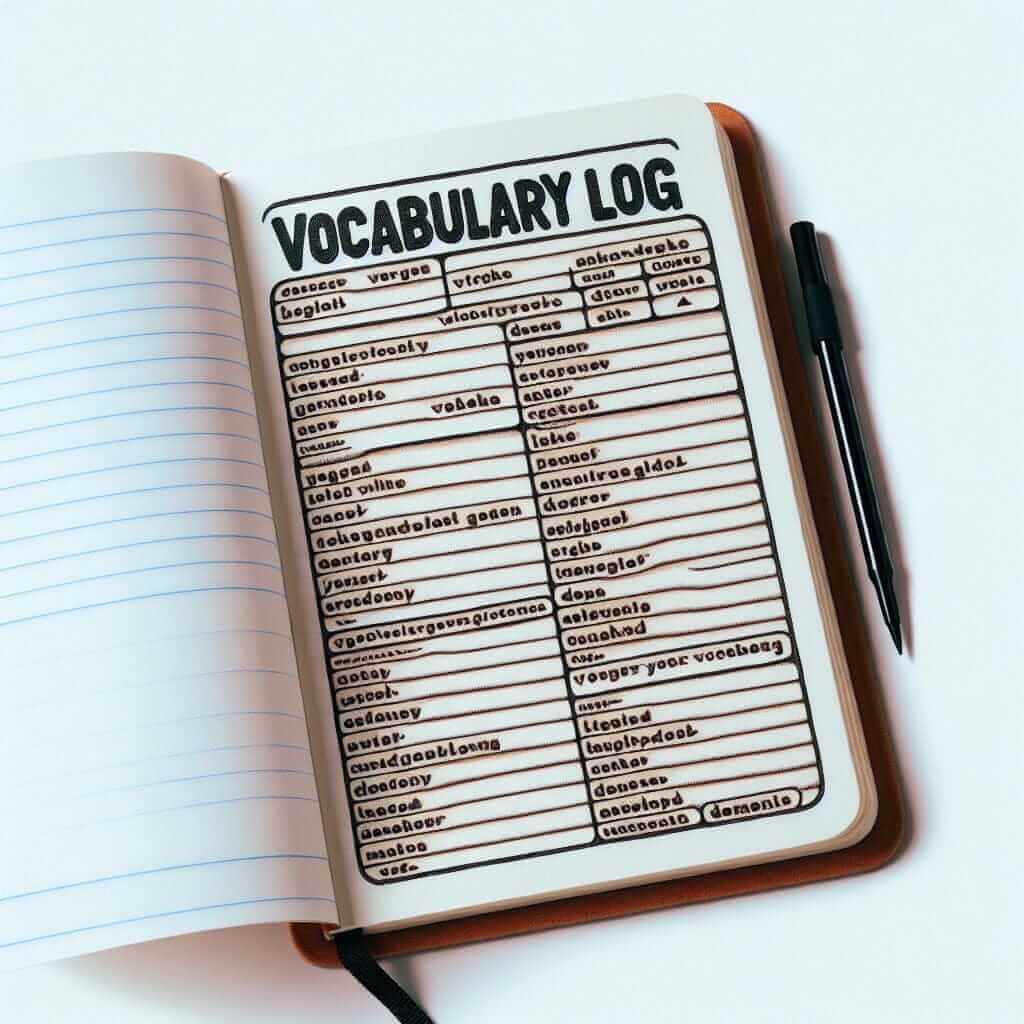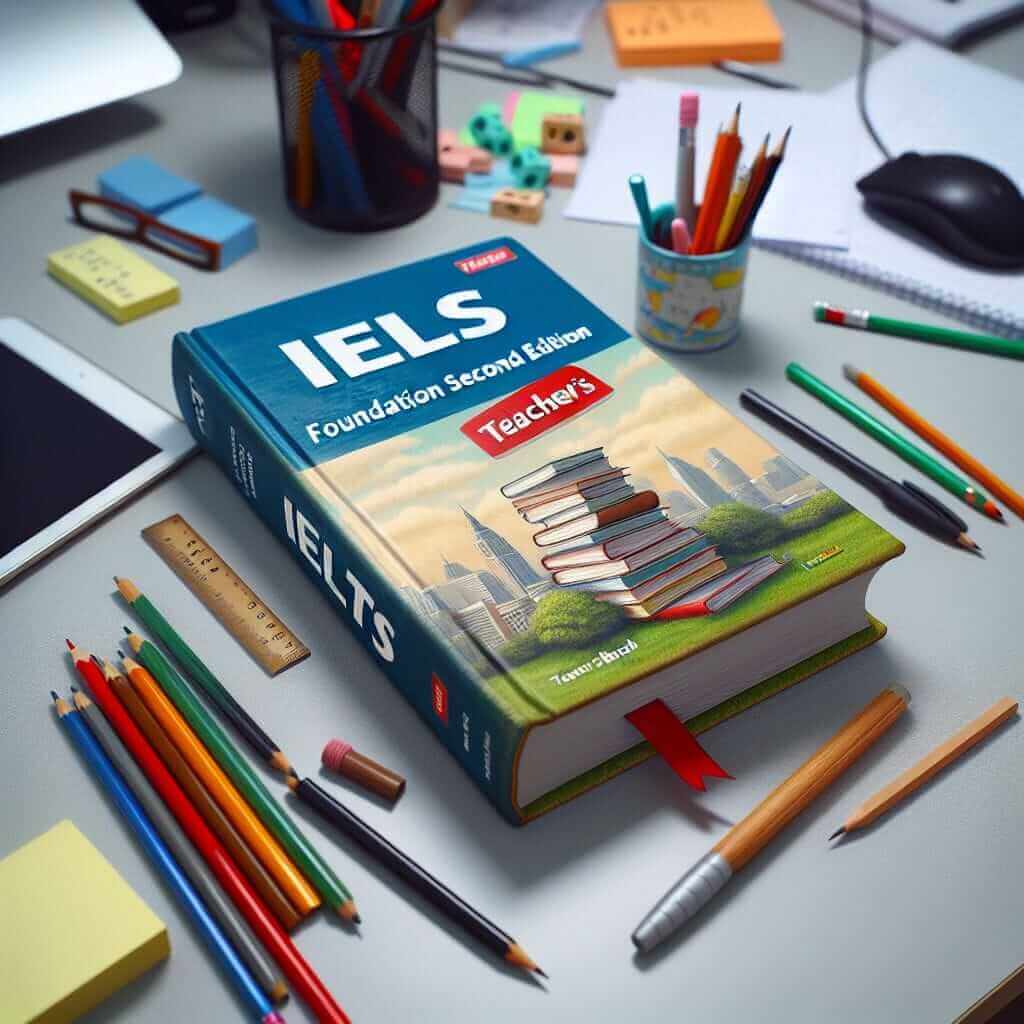As an IELTS instructor with over two decades of experience, I’ve encountered countless students grappling with the infamous question, “How do you deal with your problems?”. This seemingly simple query often throws test-takers off guard, leading to generic responses that lack depth and personality.
Table Of Contents
This comprehensive guide will equip you with the strategies and insights needed to tackle this question effectively, ensuring you impress the examiner with your problem-solving prowess and articulate responses.
Understanding the Significance of the Question
The IELTS Speaking test assesses your ability to communicate effectively in English. The examiner isn’t merely interested in your problem-solving skills; they want to gauge your vocabulary, grammar, fluency, and coherence while discussing a personal topic.
“How do you deal with your problems?” allows you to demonstrate:
- Emotional Intelligence: Your ability to recognize and manage your emotions when faced with challenges.
- Resilience: How you bounce back from setbacks and adapt to difficult situations.
- Maturity: Your capacity for self-reflection and taking responsibility for your actions.
- Communication Skills: How clearly and effectively you can articulate your thought process and solutions.
Crafting a Winning Response
The key to acing this question lies in providing a structured and engaging answer that showcases your language proficiency and personality.
Here’s a step-by-step approach:
1. Acknowledge the Question and Provide Context
Begin by acknowledging the question and briefly mentioning the types of problems you encounter. This demonstrates your understanding of the question and sets the stage for your response.
Example: “Well, everyone faces challenges in life, whether it’s dealing with deadlines at work, managing personal relationships, or overcoming unexpected obstacles.”
2. Describe Your Approach
Outline your general approach to problem-solving, highlighting your preferred methods and thought process.
Example: “I’m a firm believer in taking a proactive approach. When I encounter a problem, I first try to stay calm and analyze the situation objectively. I identify the root cause and brainstorm potential solutions, weighing the pros and cons of each.”
3. Provide Specific Examples
Support your approach with concrete examples from your life. This adds authenticity to your response and allows you to showcase your vocabulary and grammar skills.
Example: “For instance, when I was struggling to meet a tight deadline for a university project, I broke down the workload into smaller, manageable tasks. I also reached out to my professor for guidance and sought support from my classmates. This collaborative approach helped me alleviate stress and ultimately complete the project successfully.”
 teamwork problem solving
teamwork problem solving
4. Discuss What You’ve Learned
Reflect on your experiences and highlight any valuable lessons you’ve learned about yourself and your problem-solving abilities.
Example: “Through these experiences, I’ve learned the importance of perseverance, adaptability, and seeking support when needed. Overcoming challenges has made me more resilient and confident in my ability to handle whatever life throws my way.”
Sample Answer
“When I encounter a problem, my first instinct is to avoid panicking. I take a deep breath and try to assess the situation calmly. For instance, last month, I encountered a technical issue with my computer that prevented me from completing an important work presentation. Instead of getting overwhelmed, I researched solutions online, contacted technical support, and even reached out to a tech-savvy friend. Eventually, we managed to resolve the issue, and I learned the importance of staying calm under pressure and utilizing available resources.”
Tips for Success
- Be Authentic: Choose examples that are genuine and relatable.
- Use a Range of Vocabulary: Demonstrate your language skills by using synonyms, idioms, and phrasal verbs related to problem-solving.
- Maintain Fluency and Coherence: Use discourse markers and transition words to connect your ideas smoothly.
- Practice, Practice, Practice: Rehearse your response beforehand to build confidence and fluency.
By following these tips and strategies, you’ll be well-equipped to confidently and effectively answer “How do you deal with your problems?” in your IELTS Speaking test. Remember, the key is to showcase your language proficiency, critical thinking skills, and ability to learn from your experiences.


